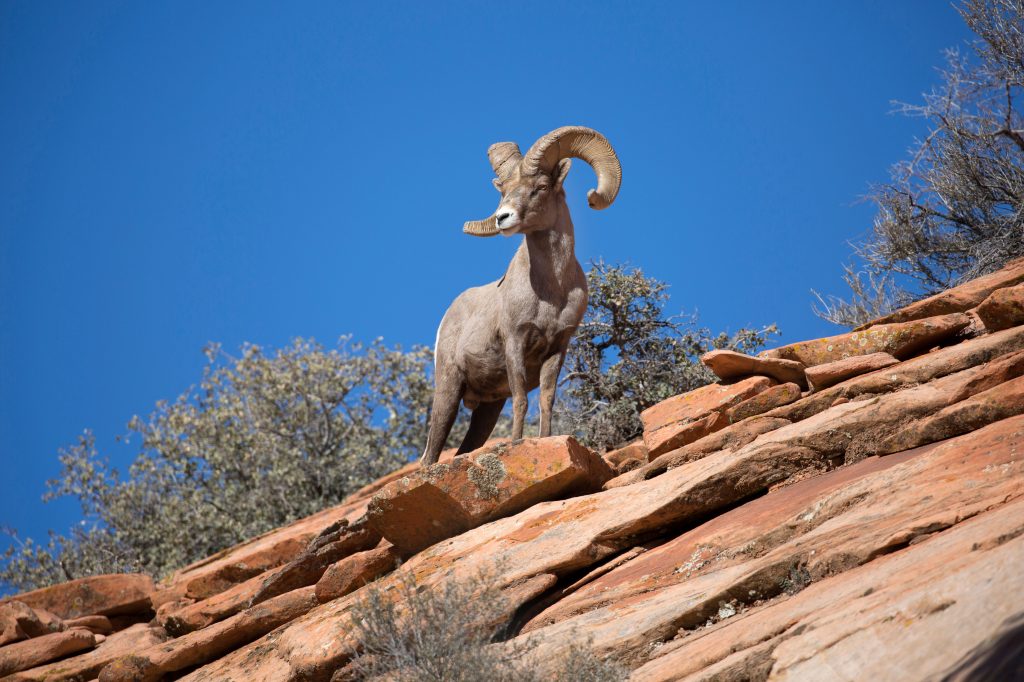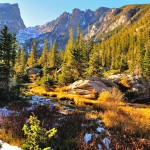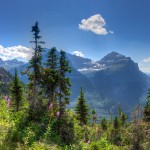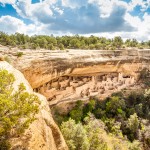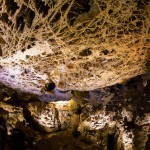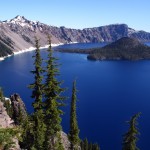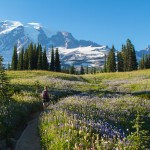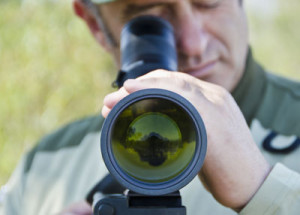
Job Description & Duties
Protecting wildlife and enforcing gaming laws are just a few of the core duties accepted by game wardens. A complete description of job duties and responsibilities are provided here.
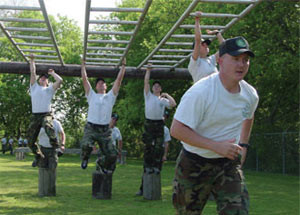
Academy and Field Training
The vast majority of training hours a new game warden will have to put in will be to meet POST requirements (Peace Officer Standards and Training) in their state.
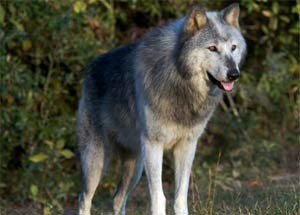
Salary & Work Conditions
The career of a game warden is filled with diverse assignments and challenges. Learn more about what to expect from the job.
Search Education & Training Options
What is a Game Warden? - Game wardens, also known as conservation officers, are law enforcement professionals with special training in wildlife and conservation law who protect natural resources on federal, state, and private land to ensure public safety and enforce conservation laws related to hunting, fishing, trapping and outdoor recreation.
The daily duties of a game warden call for qualified candidates with experience and a strong understanding of conservation laws, public safety, and knowledge in the areas of biological, environmental and wildlife science. Find pre-professional experience opportunities in your state. To meet the unique demands of the job, the most qualified candidates often enter the selection process with a background in law enforcement and a four-year degree. Explore the different degree programs that meet state and U.S. Fish and Wildlife Service education requirements to become a game warden:
Learn More About How to Become a Game Warden In Your State
Each state can have different requirements for becoming a game warden. Get information on requirements and programs by clicking on your state.
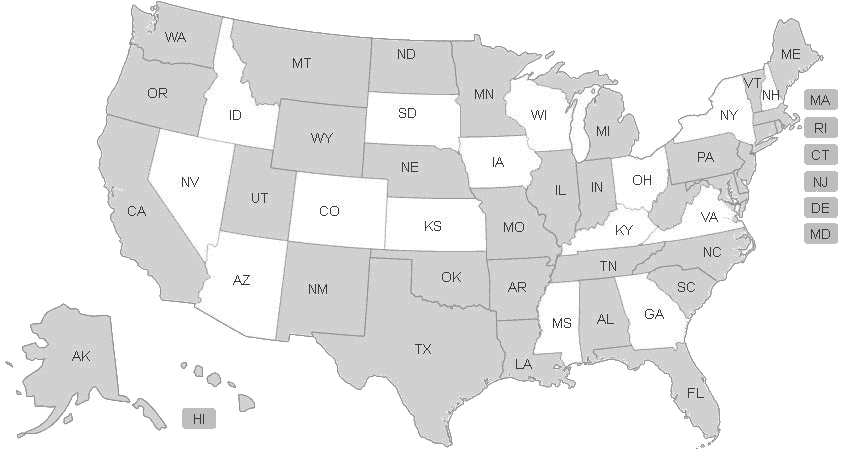

Related Careers in Wildlife Conservation & Management
Becoming a game warden is one of several career paths available to people looking to make a difference in the fields of law enforcement, wildlife protection, and natural resource conservation. Explore some of the other career options available in the areas of ecology, natural resource management, public safety and environmental science:
+Natural Resource Manager
The primary role of a natural resource manager is to study how people interact with the environment and to promote sustainability while finding solutions to problems threatening wildlife. Their jobs often bring together the scientific and sociological aspects of environmental management, ecology, and conservation.
Additional Resources:
How to Become a Natural Resource Manager
World Wildlife Fund
National Audubon Society+Wildlife Biologist
Wildlife biologists study the physical characteristics and behavior of plant and animal species in their natural habitats. Their primary job functions include the preservation of wildlife, control of wildlife problems, and enhancement of wildlife ecosystems, which often involves dealing with complex political, ecological and sociological issues.
Additional Resources:
How to Become a Wildlife Biologist
Earthwatch Institute
Friends of the Earth+Ecologist
The primary function of an ecologist is to understand the relationship between natural organisms and their ecosystems. They often conduct surveys of animal and plant species, along with their habitat in an effort to protect and restore wildlife and the natural community.
Additional Resources:
How to Become an Ecologist
National Resources Defense Council
American Wildlife Foundation
Defenders of Wildlife
+Conservation Officer
Conservation officers are synonymous with their counterpart, the game warden. As sworn law enforcement officers, they manage and protect wildlife and other natural resources by enforcing fish and wildlife laws. Conservation officers are also uniquely qualified professionals responsible for teaching outdoor skills to youth in the community.
Additional Resources:
How to Become a Conservation Officer
The Nature Conservancy
National Parks Conservation Association+Park Ranger
Park rangers are highly respected officers who are entrusted with the law enforcement, natural resource protection, and visitor service functions of state and national parks. Other functions include patrolling recreational areas, and promoting the culture and history of important cultural areas and landmarks.
Additional Resources:
How to Become a Park Ranger
National Park Service
Association of National Park Rangers

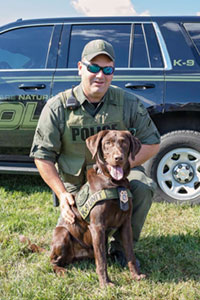
Find Out More From the Professionals
Corporal Eric Miller, conservation officer with the Utah Division of Wildlife Resources (UDWR), holds a BS in Wildlife Science from Utah State University. He joined the UDWR in 2014, and in 2017 was assigned to oversee the Aquatic Invasive Species program for the Northeastern region of the state.
We talked to Corporal Miller about his experiences working in conservation law enforcement and the best ways to prepare for the job.
Corporal Joshua Hudson, game warden with the Delaware Fish & Wildlife Natural Resources Police, earned a degree in Environmental Health Science with a minor in Biology from Salisbury University in Maryland. After interning with the department in college, he was hired on and now patrols Sussex County, the same area where he grew up hunting and fishing. Corporal Hudson demonstrated his commitment to the department and the community by recently helping to restart the F&W Natural Resource Police K-9 team.
We had the chance to talk with Corporal Hudson about what led him to a career with the department and what it’s like working on patrol as part of the F&W NRP K-9 team.
Recent Articles
What's New
